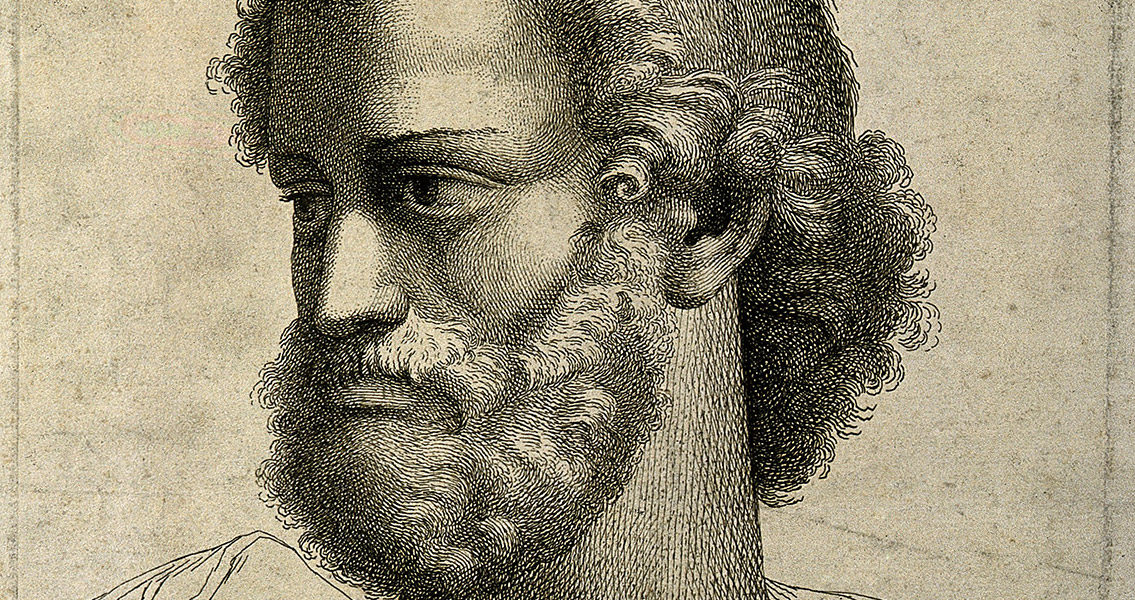<![CDATA[At a conference in Thassaliniki, Greece, organized to commemorate what would have been Greek philosopher Aristotle’s 2,400th birthday (he was born in 384 BCE), Greek archaeologist Konstantinos Sismanidis announced that he has found what he believes is Aristotle’s tomb near the ancient city of Stagria. Archaeologists have been working at the site, located in the Greek region of Macedonia, for 20 years. Aristotle's tomb, if it is his tomb, is described as a domed vault with a square marble floor that dates from the Hellenistic era, seems hastily constructed and includes an outside alter. Royal ceramic pottery and coins from the time of Alexander the Great were discovered as well. Its location near the city’s ancient square and the panoramic views from the site also suggest to Sismanidis that this is the final resting place of Alexander the Great’s tutor. No human remains have been found, but in his address, Sismanidis, while admitting no proof of the tomb's owner exists, referenced historical sources to substantiate his claim. It’s widely accepted, for example, that Aristotle was buried in the town he was born in – Stagria, and tradition has it that the residents of Stagria carried Aristotle’s ashes back to the city after his death in 322 BCE in the town of Chalcis, located on the island of Euboea. Considered by many as the world’s greatest philosopher, Aristotle was a student of Plato and tutor to the ancient king Alexander the Great. He wrote on numerous subjects, including physics, zoology, biology, metaphysics, ethics, logic, aesthetics, music, poetry, linguistics, government and politics. Taken together, these works are considered to be the first inclusive system of Western philosophy, and they have influenced a broad range of academics throughout the centuries. Few details are known regarding Aristotle’s life, despite all of his surviving texts. At the age of eighteen he enrolled in Plato’s Academy (considered by historians to be the Western world’s first institute for higher learning) in Athens and studied there for almost 20 years. Following Plato’s death, Aristotle joined the ancient Macedonian court. In 343 BCE he became the head of Macedon’s Royal Academy, during which time he taught not just Alexander but two other future kings, Cassander and Ptolemy, as well. Aristotle encouraged Alexander to conquer the east with an unapologetic ethnocentric attitude towards Persia. In 335 BCE, at the age of 50, Aristotle returned to Athens and soon established his own official school named The Lyceum, where he regularly taught. His philosophy teaches that all of the knowledge and conceptions people hold are based primarily on their perception, and his writings consist of the first known study of formal logic, which in the nineteenth century was incorporated into modern formal logic. It’s believed that only a third of his writings have survived over time. Given that all aspects of Aristotle’s philosophy are still being actively studied by academics today, it seems somewhat prophetic that one of his famous quotes is, ‘We are what we repeatedly do. Excellence, then, is not an act, but a habit’. . ]]>
Has Aristotle's Tomb Been Found?
